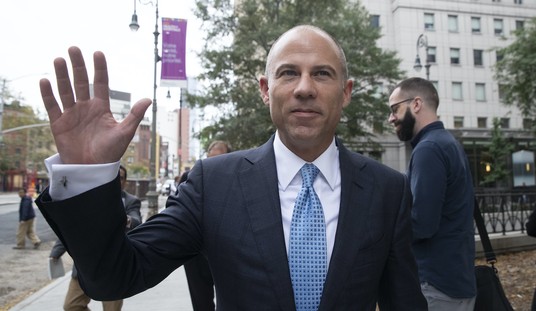A hundred years from now when historians look back on our times they will ask why people regarded their youngsters as always “at risk,” and how they came to adapt such a suspicious fear of adult motives towards their children. Parental paranoia works in strange and mysterious ways. I am more than baffled by the current wave of anxiety about adults taking pictures of children in public spaces. A couple of weeks ago while visiting Cambridge, Massachusetts, my friend was refused permission to take pictures of squealing kids messing around in a park.
As someone living in the UK, I am all-too-familiar with the current panic about photographing children. Just last week it was reported that an English father, Gary Crutchley, faced a public outcry when he tried to take a snapshot of his sons playing on the slide. One officious lady took matters into her hands and attempted to stop Crutchley from performing this perilous act. And while he pleaded his innocence other parents also rounded on him, called him a “pervert,” and insisted that he stop taking pictures. When he stopped a police officer to help out, he was told that “it was just the way society is these days.”
As a father, probably the ban that I hate the most is the growing tendency to prohibit parents from taking photos of their children during school plays, concerts, and sporting activities. Six years ago, when Edinburgh’s director of education called for a ban on photographic or video recordings of nativity plays and school concerts, there was a huge outcry from parents. Since this incident, the outcry has died down and such bans are routinely adopted by schools and sports centers throughout Britain. Some schools do not even allow the photographer of the local paper to take a picture of their pupils playing sports. When a friend decided to take a photo of his son during a Saturday soccer match, he was accused of gross irresponsibility. How long before we insist that children play football behind closed doors or — better still — ban the sport all together?
Some schools in the West Midlands, Norfolk, and Luton have prohibited the audience from videoing or taking digital pictures of Christmas plays. In 2003, Blackburn Council banned picture-taking mobile phones in swimming pools in order to frustrate would-be pedophile photographers. Numerous schools have decided to take the pictures of their pupils off their websites — in case they are misused. The phenomenon of parents having to sign specific permission slips to allow their child to be photographed is now commonplace; as is the practice of day care centers refusing to provide parents with photos of their own children at their party. Local newspapers are now confronted with the challenge of how to fill the many pages left due to the ban on the publishing of children’s pictures. How long before the school photograph becomes a curious historic relic of a permissive age? Worse still, how long before the possession of a class photo is interpreted as evidence of criminal intent?
The assumption that pictures represent a significant threat to children has acquired a fantasy-like grotesque character. We rarely dare ask the question: what possible harm can come from taking pictures of children playing soccer? Dark hints about the threat of evil networks of pedophiles are sufficient to corrode common sense. Tragically, what the dramatization and criminalization of the act of photographing children reveals is a culture that regards virtually every childhood experience from the standpoint of a pedophile.
Every possible form of interaction between an adult and a child is perceived as yet another opportunity for child abuse. In a roundabout way society has normalized pedophilia. The default position is to always expect the worse — and therefore children should be placed in purdah.








Join the conversation as a VIP Member